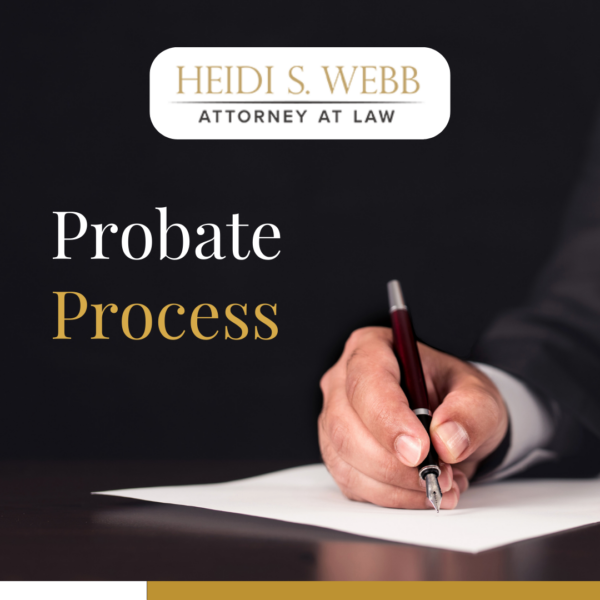The probate process is a legal procedure that is required after someone passes away to settle their estate. The process varies from state to state, and Florida has its own specific set of rules and procedures. Here’s a closer look at the most important steps of the probate process in Florida, which can guide you through this complex legal journey.
Determining if Probate is Necessary
The first step is to ascertain whether probate is necessary or not. Florida law allows for several types of probate administrations, each applicable under different circumstances: Formal administration (requires an attorney), Summary administration, and Disposition without Administration (under $1,000.00). The type of probate will depend on the value and nature of the assets owned by the deceased at the time of their death.
Filing a Petition for Probate
Once you determine that probate is necessary, the process officially begins by filing a petition in the Florida court. The petition must be filed by an interested party, which could be a potential heir or a nominated personal representative (executor), with the probate court in the county where the deceased person lived at the time of their death.
Appointing a Personal Representative
The court then appoints a personal representative, also known as an executor. If there’s a will, the person named in the will is usually appointed, unless they are unable or unwilling to serve. If there’s no will, or if the named party can’t serve, the court will appoint a suitable representative.
Inventory of the Estate
The personal representative is required to gather and take inventory of the deceased’s assets. These can include bank accounts, real estate, vehicles, personal belongings, investments, and more. All assets must be accurately valued, and this inventory must be reported to the court.
Paying the Estate’s Debts
After inventorying the estate’s assets, the personal representative is also responsible for using these assets to pay off any debts the deceased owed. These can include funeral expenses, credit card debt, or any other outstanding liabilities. If there are insufficient liquid assets to pay the debts, some assets may need to be sold to cover these expenses —it is important to remember some assets are exempt from creditor claims in Florida.
Distribution of Assets
Once all the debts and taxes have been paid, the remaining assets are distributed according to the deceased’s will. If there’s no will (known as dying intestate), Florida’s intestacy laws will dictate how assets are divided among surviving relatives.
Closing the Estate
The final step of the probate process is closing the estate. The personal representative will file a final accounting, showing how assets were managed during the probate process. They must also file a plan for distributing what’s left to the estate’s beneficiaries. Once the court approves this, the personal representative can distribute the remaining assets and close the estate.
The probate process in Florida can be complex, and in certain circumstances the law requires attorney involvement, but whether required or not, it often makes sense to work with an experienced probate attorney who can guide you through the steps. While the process can take anywhere from a few months to over a year, depending on the size and complexity of the estate, understanding these key steps can help you navigate the probate process with greater confidence and ease.
Heidi S. Webb, Attorney at Law, serves clients in Daytona Beach, Ormond Beach, Port Orange, and beyond with matters of Estate Planning and Probate. Contact her today to schedule a free consultation. Visit her page on Facebook or see what her clients are saying to learn more about Heidi.




